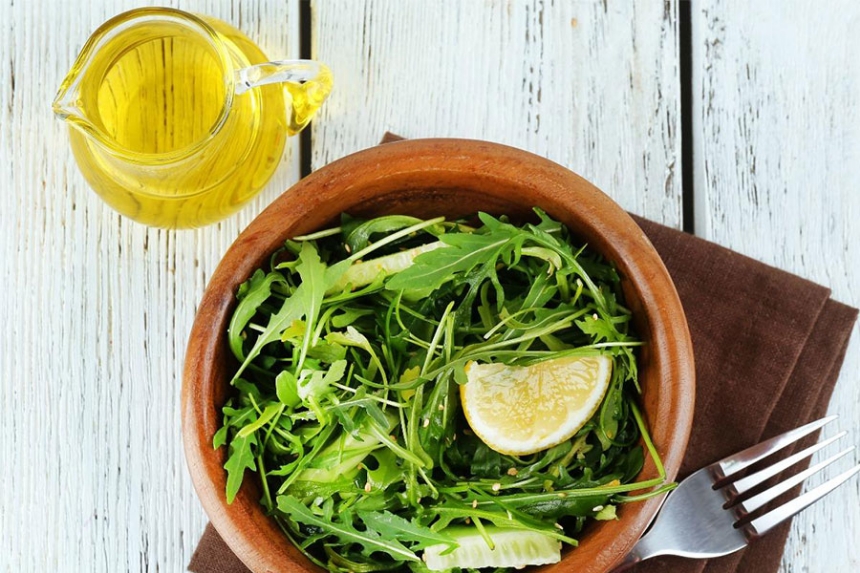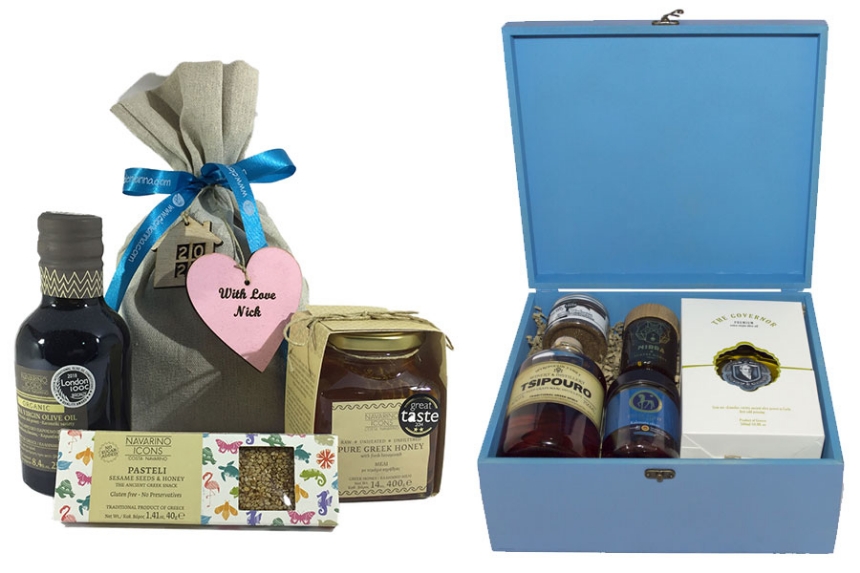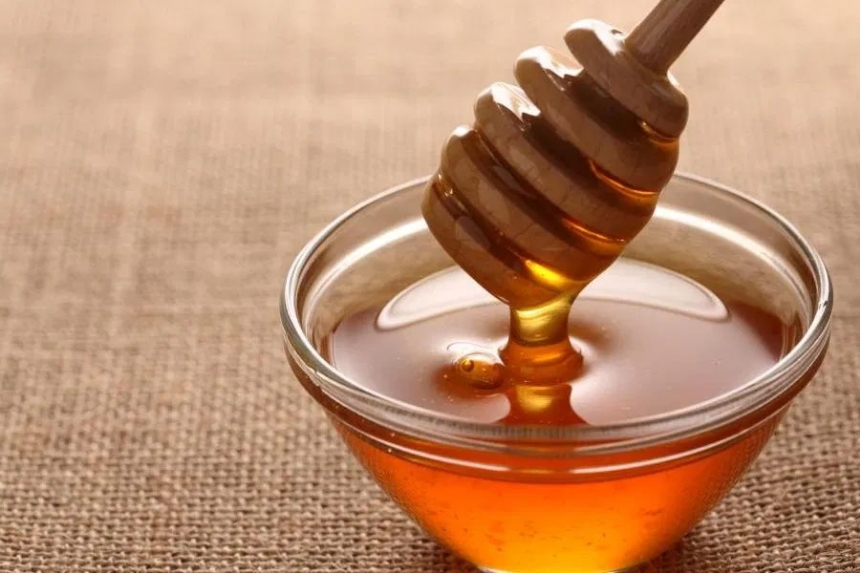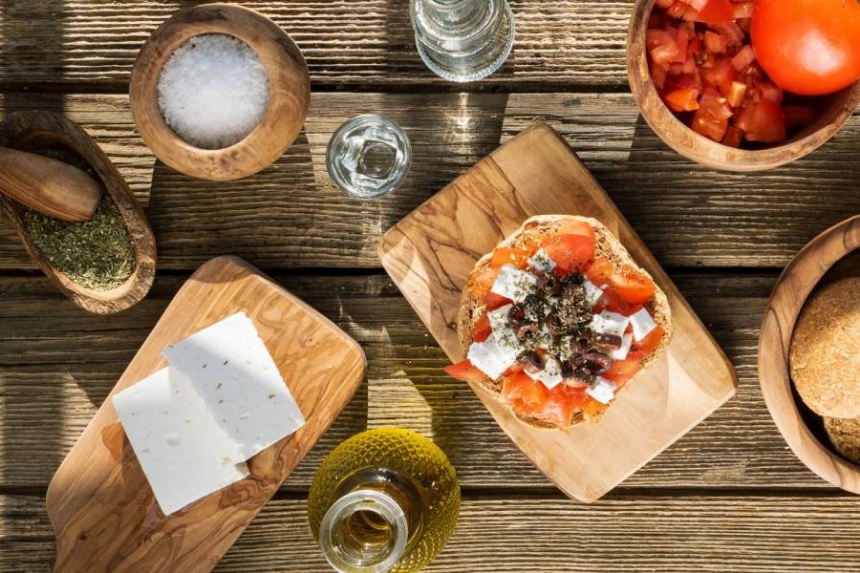Want to get notifications from us?
Blog search
Blog archive
- 2026
- 2025
- 2024
- 2023
- 2021
- 2020
- 2019
- 2018
- 2017
- 2015
- 2014
- 2013
RSS
Blog
28 December, 2019 Comments (0)
The candles you'll light up now and later. And if you're feeling particularly Christmassy, check out our edit of winter candles here.
14 December, 2019 Comments (0)
We think it’s great to have different extra virgin olive oils for different recipes – that’s why we offer our Organic extra virgin olive oils, and our healthy Collection extra virgin olive oils with more pronounced olive flavor, great for finishing, dipping and drizzling. Olive oil does not get better with age! If you wait to use your extra virgin olive oil and break it out only for special occasions, there is a good chance it will go rancid before you’re able to finish it.
30 September, 2019 Comments (0)
Finding the perfect food gift basket doesn’t have to be hard! Elenianna makes sending the best gift baskets easy. And because the special people in your life deserve the very best gifts, a gourmet gift basket from elenianna is always an impressive choice.
24 September, 2019 Comments (0)
Honey and yogurt are good on their own, but when combined, they provide wonderful flavors and excellent health benefits. It’s time to maximize their nutrients by incorporating them into your daily snacks and meals!
18 September, 2019 Comments (0)
The Greek Fir Honey or Greek Pine Honey is one of the rarest products in all over the world.
16 September, 2019 Comments (0)
Aromatic herbs have been part of the Greek culture for thousands of years in the making of medicines, in rituals and in the kitchen. In ancient Greece, medicinal plants were extensively used by rhizotomists, the persons related to therapeutic herb collection and supply
16 September, 2019 Comments (0)
Greek honey has specific physical and chemical characteristics. Ultimately, the Greek honey produced is unique in color, aroma, taste, and thickness.
14 September, 2019 Comments (0)
elenianna.com is the world's largest and most prestigious olive oil shop with awarded and best extra virgin olive oils.
05 August, 2019 Comments (0)
Since ancient times, people on the island have been consuming local products. The Mediterranean diet, which is based on herbs, legumes, meat, fish, honey, dairy products, and wine, is celebrated in Crete. The Cretan traditional cuisine is simple and inventive and is based on the endless variety of Cretan endemic products. What is never missing from the Cretan cuisine is olive oil, wheat or barley dusks, and of course raki, which is a local traditional alcoholic drink.
14 July, 2019 Comments (0)
A guest arriving at a Greek home should expect an overwhelming array of traditional welcoming treats that will be presented upon their arrival, from coffee and cookies to cakes, homemade liqueurs, loukoumi and more.










